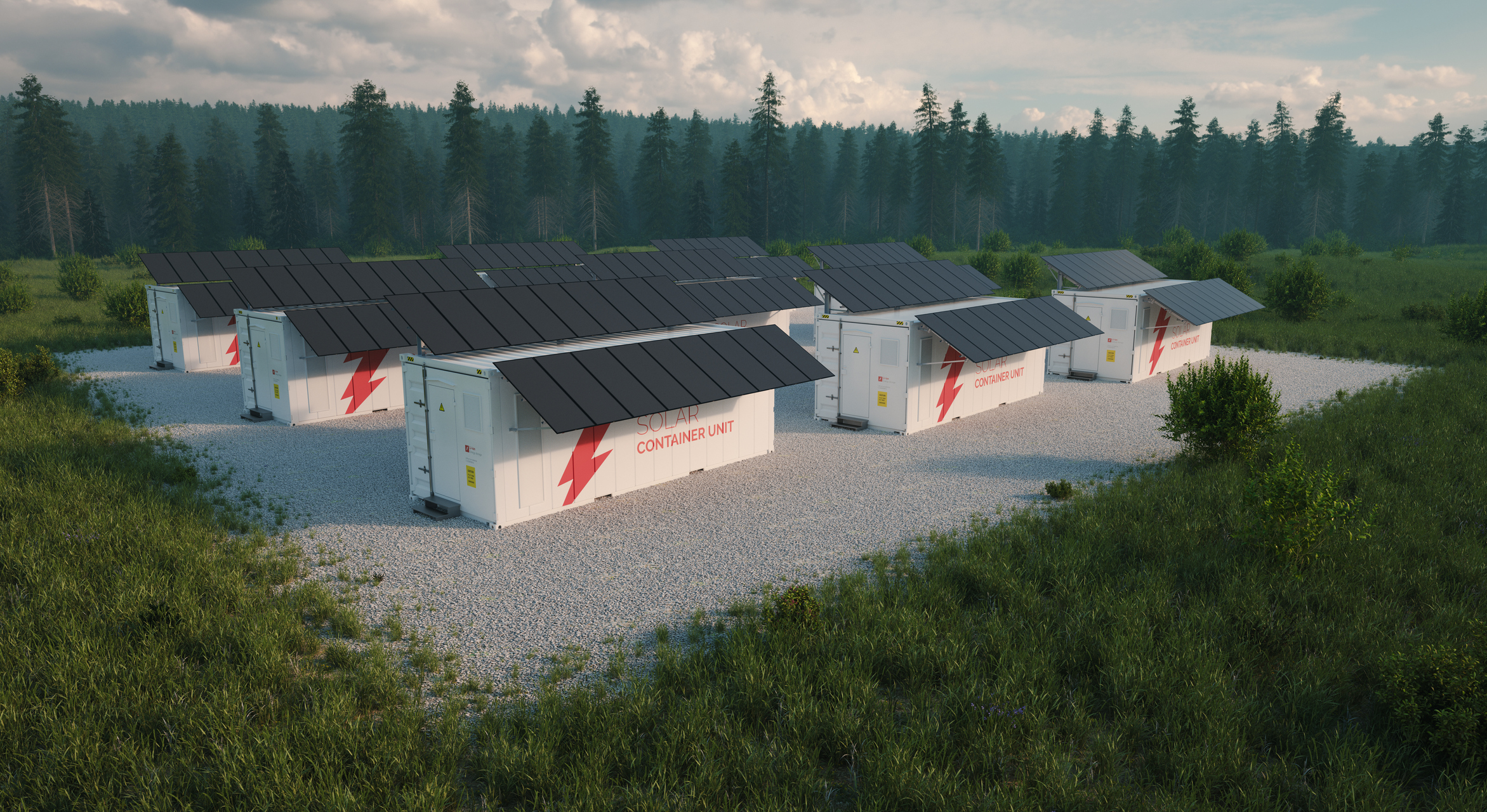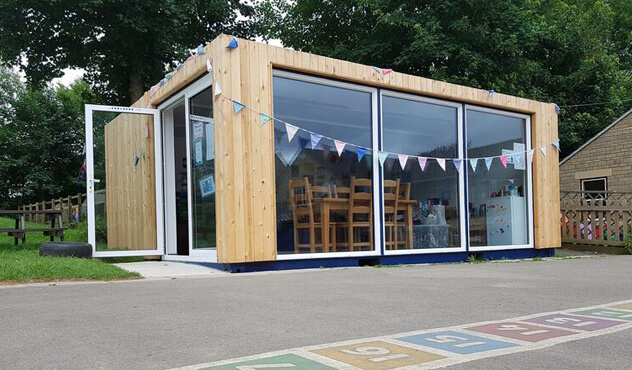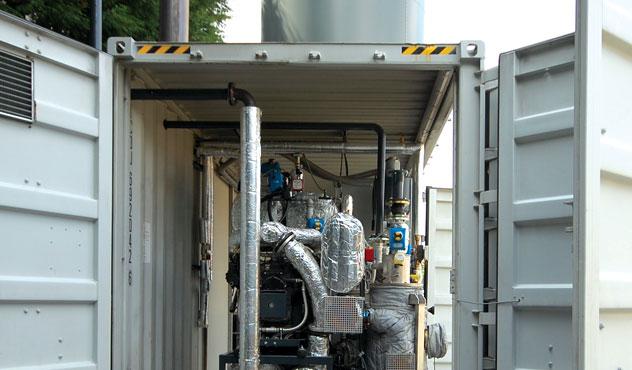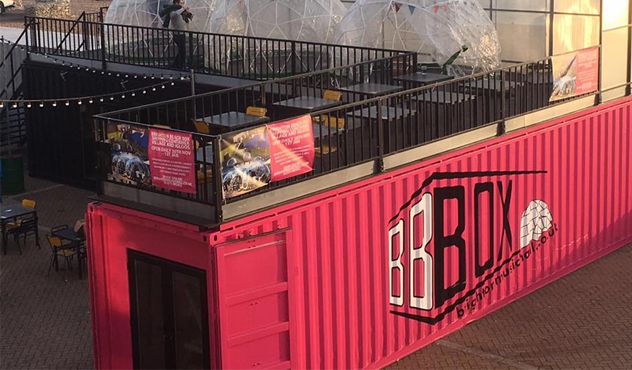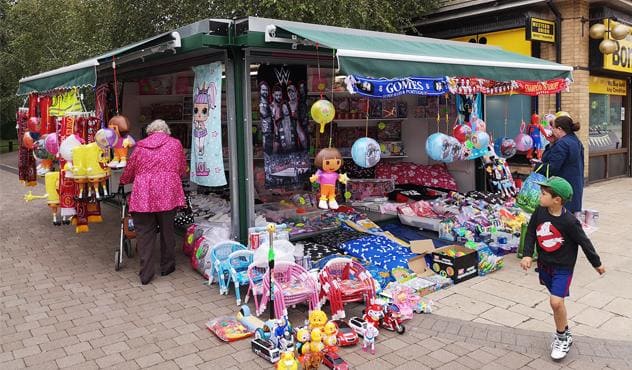As the world continues to transition towards a more sustainable future, renewable energy sources such as solar and wind power have gained significant traction. However, the intermittent nature of these sources poses a challenge to their widespread adoption. This is where Battery Energy Storage Systems (BESS) come into play. BESS is revolutionising the renewable energy landscape by mitigating the variability and intermittency issues, thereby unlocking the full potential of renewable energy.
In this blog post, we will explore the importance of BESS in the renewable energy sector and its transformative impact on the global energy transition.
Understanding BESS:
Battery Energy Storage Systems are a type of energy storage system that stores electrical energy in batteries for later use. They play a crucial role in the renewable energy landscape by addressing the intermittency and variability issues associated with renewable energy sources.
How does it work?
BESS works by converting electrical energy into chemical energy and storing it in batteries. When excess electricity is generated from renewable sources or during periods of low demand, it is directed to the battery system for storage. The stored energy can then be discharged back into the grid or used on-site when electricity demand is high or when renewable energy sources are not actively generating power to meet various demands for power across different applications.
Designing a BESS
Designing a Battery Energy Storage System (BESS) involves careful consideration of several factors to ensure optimal performance, efficiency, and longevity of the system. The important stages and factors involved in the design process include:
System Sizing and Capacity: Determining the appropriate system capacity is a crucial step in the design process. It involves assessing the energy requirements of the application, considering factors such as peak demand, energy consumption patterns, and the desired duration of backup or discharge.
Discharge Rate and Power Output: The discharge rate of a BESS refers to the rate at which the stored energy can be discharged. It is essential to match the discharge rate with the application's power requirements. The discharge rate depends on factors such as the battery technology, the number of batteries, and the system's overall design.
Lifespan and Battery Degradation: The lifespan of a BESS is influenced by battery degradation over time. Battery chemistry, depth of discharge, temperature management, and cycling frequency are factors that impact the overall lifespan of the batteries. Design considerations should include strategies to minimize battery degradation, such as implementing proper thermal management systems, optimizing charging and discharging cycles, and selecting batteries with longer lifespans.
Safety and Environmental Considerations: Safety is of paramount importance in BESS design. Adequate protection measures against overcharging, over-discharging, and thermal runaway are essential to prevent accidents or damage to the system. Designing proper ventilation, and fire suppression systems, and incorporating robust battery management systems ensures the safe operation of the BESS.
The Importance of Custom-Built Energy Storage Container Buildings
Designing a BESS involves meticulous consideration of factors such as system capacity, discharge rate, lifespan, and safety.
Custom-built energy storage container buildings offer numerous benefits, including scalability, flexibility, enhanced safety, and rapid deployment. These containers provide a reliable and efficient solution for housing BESS components while optimising the performance, security, and longevity of the system. Here at Eldapoint, we can provide you with fire-resistant battery storage containers ranging from 10' to 40' that are built to your specific requirements.
The future of BESS
The future of Battery Energy Storage Systems is promising. Technological advancements, cost reductions, grid flexibility, electrification, and integration with renewable energy sources are driving the growth and adoption of BESS. As these trends continue, we can expect to see more efficient, affordable, and widespread deployment of BESS, playing a crucial role in the transition towards a sustainable and resilient energy future.
Get in touch
If you’d like to enquire about a BESS, get in touch today. The experienced team at Eldapoint will work closely with you to create a BESS that is customised to your needs. Our turnaround time is currently around 8 weeks.
Our specialists can guide you through the entire process from planning to delivery and installation. We have manufactured a variety of fire-resistant storage buildings and understand the specific requirements needed to house energy.
So, what are you waiting for? Get in touch by calling +44 (0)151 548 9838 or emailing [email protected] and a member of our team will be in touch.
